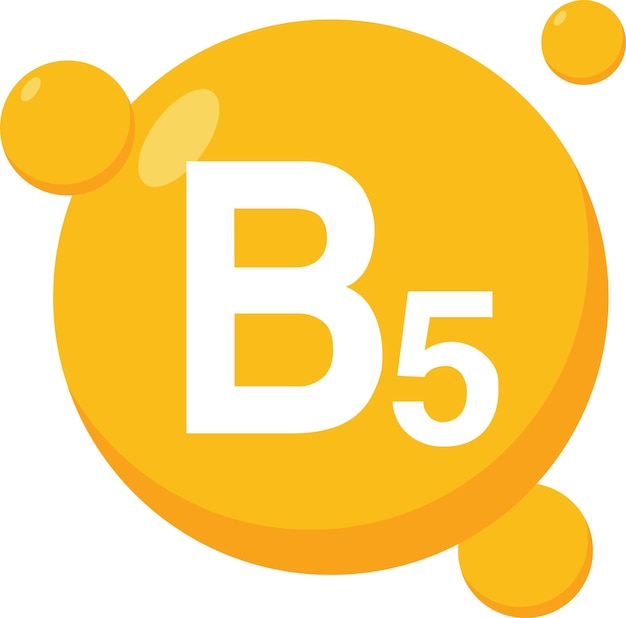
Understanding the Role of Vitamin B12 in Brain Health
Vitamin B12 primarily functions as an enzyme cofactor, playing a crucial role in various bodily functions. These include the production of red blood cells, synthesis of myelin (the protective coating around nerves), genetic expression, amino acid balance, and the detoxification of hormones, neurotransmitters, and other chemicals. These activities are essential for maintaining brain function and preventing memory loss and cognitive decline.
B12 Deficiency and Cognitive Impairment
Several brain diseases are linked to low B12 levels, particularly those involving cognitive difficulties such as muddled thinking and forgetfulness. Researchers have recently identified that cognitive issues in the elderly might be partly due to undiagnosed low B12 levels. Although brain atrophy is a normal part of aging, poor diet and lifestyle choices can exacerbate cognitive decline. Nearly 23% of Americans in their 70s experience some degree of cognitive impairment, which can often lead to irreversible and progressive decline requiring specialized care.
Studies have found that low B12 levels are associated with poor memory, particularly in older adults who display structural anomalies in the hippocampus, the brain region most associated with memory. Emerging research indicates that supplementation with B vitamins — specifically folate, B6, and B12 — can slow brain tissue loss and cognitive impairment, though these benefits are only evident in individuals with low B vitamin levels.
A Primer on B12 Absorption
The journey of B12 from food to cells is complex and multi-stepped, involving dietary intake, digestion, absorption, and conversion to an active form. Initially, B12 binds to R-factor (haptocorrin) in saliva and is later separated by stomach acid. It then binds to intrinsic factor (IF) in the small intestine, which facilitates its absorption. Once absorbed, B12 detaches from IF and binds to transcobalamin, which transports it to where it’s needed in the body.
Absorption of B12 in Older Adults
As we age, our bodies become less efficient, including the stomach’s ability to produce acid necessary for B12 absorption. Up to 30% of older adults suffer from atrophic gastritis, reducing stomach acid production and preventing B12 absorption despite sufficient dietary intake. Additionally, various health issues such as intestinal inflammation, autoimmune disorders, and medications can further impede B12 absorption.
Age-Associated Factors Affecting B12 Status
Several age-related factors can affect B12 status, including:
– Insufficient gastric acid output
– Chronic H. pylori overgrowth
– Imbalance of gut microbiota
– Medications such as proton pump inhibitors and Metformin
– Folate deficiency
– Decreased production of intrinsic factor (often due to autoimmune disorders)
– Chronic intestinal inflammation
– Decreased appetite associated with aging or illness
How Low B12 Status Harms Brain Health
Inadequate B12 levels can lead to brain shrinkage, cardiovascular issues, and reduced ability to break down hormones and neurotransmitters. Neurological symptoms of B12 deficiency include difficulty balancing, mood issues, confusion, poor memory, and developmental delays in infants.
Low B12 levels also inhibit the methionine cycle, leading to a buildup of homocysteine, which can cause nerve damage and brain shrinkage. Furthermore, low B12 impedes the production of SAMe, a crucial detoxifier, affecting the brain’s ability to break down and eliminate unnecessary molecules.
Inhibits Production of Neurotransmitters
B12 deficiency can significantly reduce the production of neurotransmitters such as norepinephrine, serotonin, and dopamine, disrupting emotional stability and sleep quality.
Reduces Blood Flow to the Brain
Elevated homocysteine levels can cause arterial thickening and stiffness, leading to reduced blood flow to the brain and increasing the risk of stroke.
Healthy Brain Aging With Adequate B12
B12 supplementation can support brain health. A 2010 Oxford study found that B vitamin supplementation over two years slowed brain atrophy by 30%, with even greater benefits for those with high homocysteine levels. For a safe, natural B12 supplement, consider Global Healing’s Vitamin B12, which is vegan and contains a blend of methylcobalamin, adenosylcobalamin, and hydroxocobalamin.
Staying Sharp at Any Age
Maintaining brain health involves more than just taking B vitamins. A healthy diet and regular exercise are crucial for strong, flexible arteries to carry nutrients to the brain. Smoking cessation is also vital, as smoking adversely affects memory and brain function. A low methionine diet, primarily plant-based, can prevent high homocysteine levels, further protecting brain health.
Meditation, stress management, and lifelong learning are also essential for cognitive health, forming new neural connections and safeguarding against cognitive decline.



